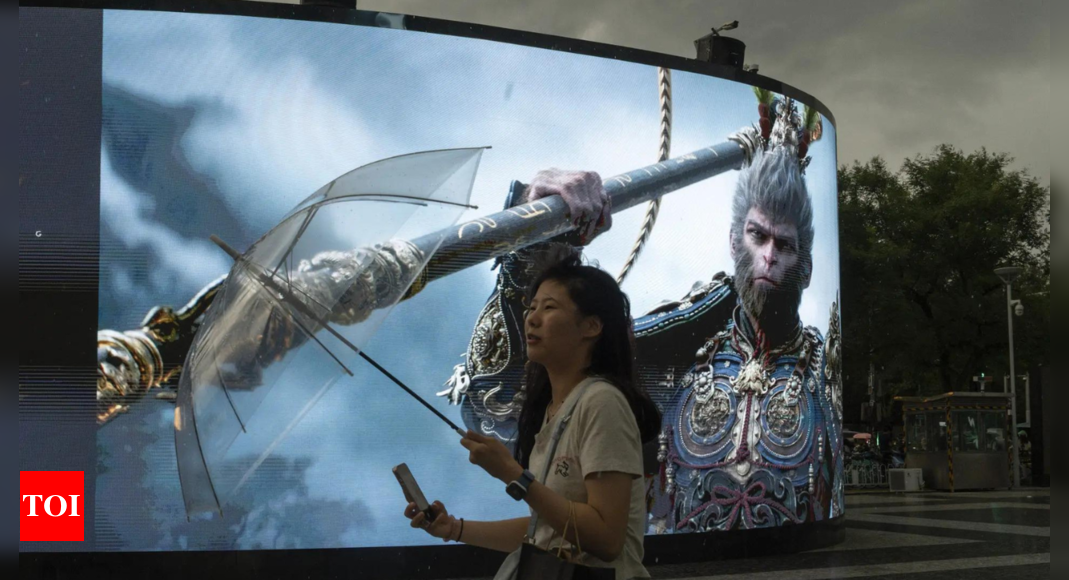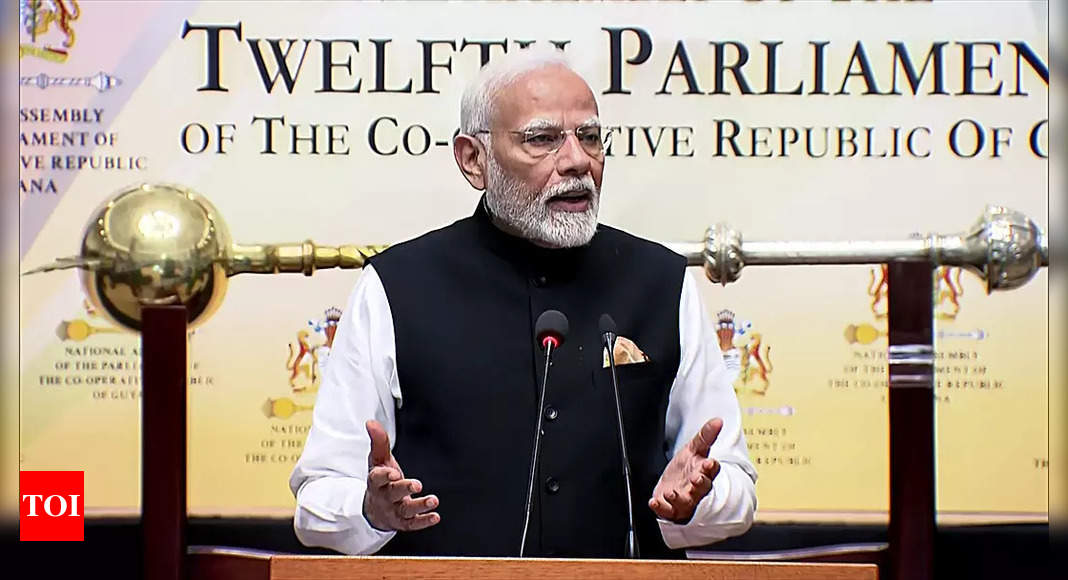
While many are celebrating the runaway success of the action-adventure game “Black Myth: Wukong“, others have raised concerns about misogynistic behaviour within China’s male-dominated gaming culture, accusing the game’s developer of posting offensive content online.
The Shenzhen-based developer, Game Science, has faced criticism after alleged screenshots of inappropriate messages from founder Feng Ji surfaced on Chinese social media platform Weibo, as per Associated Press. One post allegedly used a metaphor referencing oral sex to describe the positive reception of the game’s promotional video. Lewd recruiting posters were also among the offensive materials shared. These posts have gained over 400,000 likes, enraging millions of netizens.
The backlash remarks the frustration felt by many Chinese women in the gaming industry, who have long endured misogynistic remarks and behaviour.
23-year-old Skylar Hu, the only woman on her team of 20 people, said offensive jokes are common in the workplace. “When I told offenders to stop, my messages were ignored,” she said. Former game operations manager Jessica Hua shared similar experiences, describing the environment as toxic: “A lot of people think it’s just kidding around. But I cannot accept such misogynistic remarks.”
Cultural critic Ashley Li believes the conversation around sexism is only beginning. “Most game creators are men… I think this will gradually change. We need to give it some time,” she said.
Gender inequality is a global issue within the gaming sector, where, despite nearly half of gamers being female, women represented just 22% of the workforce in 2020, according to UK-based organisation Women in Games.
Despite these concerns, “Black Myth: Wukong” has broken records, with over 2.4 million players online simultaneously. Many in China view the game as a point of national pride, promoting Chinese culture while challenging Western dominance in the gaming industry.









